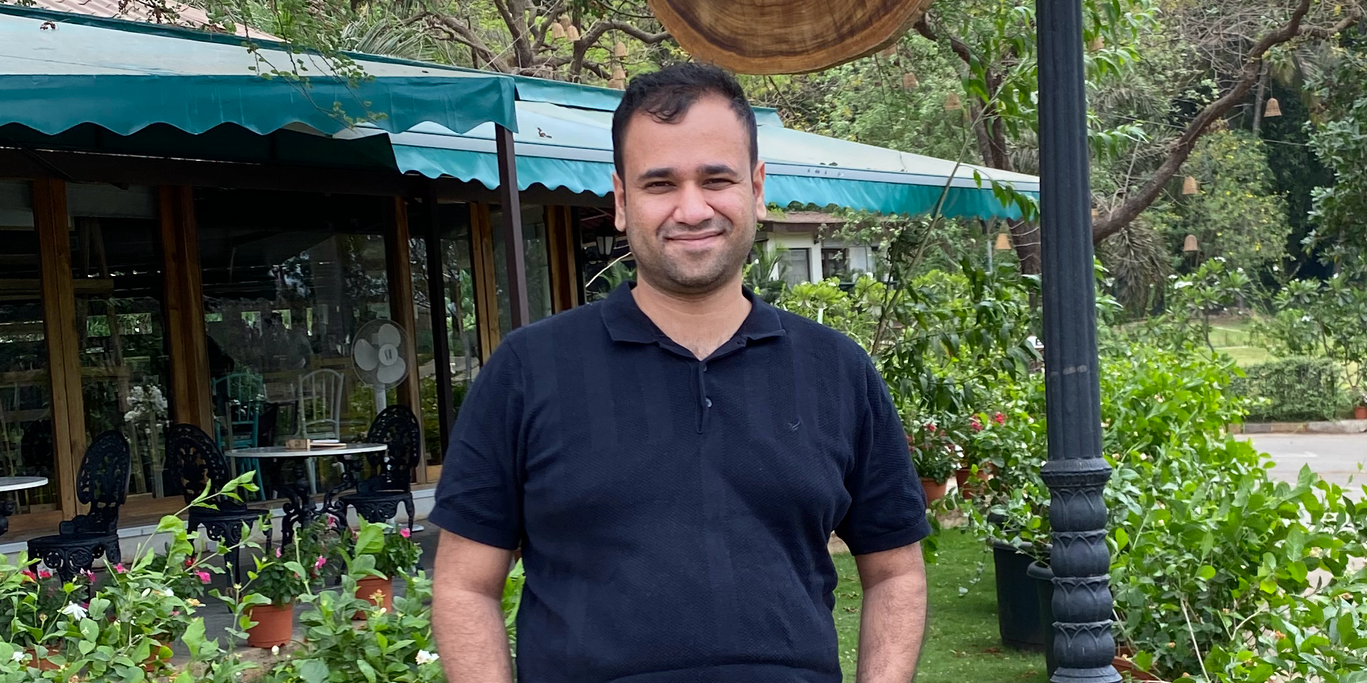BITS Pilani alumni pivot twice to find Locus
Leveraging machine learning, Locus simplifies logistics, allowing businesses to deliver their products at the right place and at the right time.
“This isn’t a first mover’s advantage. People have been trying this for years now. But ours is a system that works on the ground. Adoption of technology is perhaps the biggest challenge in logistics, not the actual sale of a product. In many cases, the problem is not technology, but control,” says Nishith Rastogi, co-founder of machine learning-based B2B logistics management startup Locus.
Citing an example, Nishith says that the task of station managers has been automated, with routes now being directly assigned to the drivers. In an interesting instance of the hunger for human control, people began requesting the option to make edits; when the tool was finally added, more than 50 percent of those who had been complaining didn’t make a single edit.
Logistics is the name of the game. Every year, as e-commerce becomes bigger, the demand for logistics companies and platforms grow. To say that the potential in the space is impressive would be putting it mildly. However, Nishith believes that the Indian scenario has some unique challenges and issues.

Working on unique challenges
“Locus wants to be, and I believe is, the answer to the question ‘Where should my truck be?’ Existing systems work in idealistic conditions that do not exist in developing markets, which have insane amounts of complexity.”
When you want to dispatch a set of products, Locus plugs into your order management and vehicle system and figures out which of these packages should be delivered by what kind of vehicles, in what particular order across what customers and at what timings.
Started in May 2015 by BITS Pilani alumni and ex-Amazon colleagues Nishith and Geet Garg, Locus has evolved into a B2B enterprise platform.
The evolving platform
The duo’s entrepreneurial journey began with Pinchat, a community building platform. In December 2014, they realised the need for a platform that helped track route deviation. Explaining the trigger, Nishith says,
“The Uber rape incident had happened, and a few months later, when my sister was getting back from the airport, an irrational fear gripped me. And I felt the need to pre-empt an untoward situation. We realised that tracking was important, but it requires monitoring and someone’s constant presence.”
RideSafe to Locus
Locus didn’t come up overnight. Initially, the duo came up with the idea of RideSafe, a real-time route deviation detection mobile application. Though they were lauded as a safety solution, they found that monetisation was a problem.

Then, in 2015, foodtech started picking up, and several startups started using RideSafe to track their delivery boys. Nishith says,
“They asked us for an enterprise version, and that’s when we sat outside apartment complexes, watching how many delivery boys were coming in, how full their bags were and the times at which they were coming in. There was a lot of spare capacity. So, we built Locus with several use cases, from pickups to drops to on-demand to schedule, and there are many combinations of them running on the same platform.”
When the startup had raised seed funding, led by growX ventures and Manish Singhal in July 2015, it was comprised of just the two founders. And in May this year, when they raised their Series A round, led by Exfinity Venture Partners with participation from Blume Ventures, BeeNext, Rajesh Ranavat, MD, Fung Capital and other existing investors, they were seven. Today, the team numbers 27 people.
The market and space
Nishith says that they want to reduce the element of human decision making in the moving of a package from point A to point B. As of May, the team claimed to have 25 clients using the platform, running through anywhere between 10,000 to 100,000 transactions a day. Among the company’s clients in the Indian markets are Delhivery, Urban Ladder, Quikr and Lenskart.
Joseph Cherian, CEO and Founder, 48 East says,
"Locus has been a useful partner and has significantly contributed towards the growth of 48 East from beginning, by optimizing our logistics and last mile delivery. We look forward to a mutual and steady growth with Locus."

The team claims their revenue growth to be around 30 percent month-on-month. According to ‘Logistics Market in India 2015-2020’, a study conducted by market researcher Novonous, the country’s logistics industry is worth $300 billion. The report further predicts this number to grow at a CAGR of 12.17 percent by 2020.
For industries heavily dependent on logistics, innovation will be key, with demands to reach farther and faster at low costs. This has caused bigger players in e-commerce to invest heavily in logistics and automation in 2015.
Last year, Flipkart partnered with MapMyIndia, Blackbuck and Qikpod for its logistics services, Snapdeal invested $20 million in logistics player GoJavas, and Paytm invested $10 million in Loginext.








![[Startup Bharat] Y Combinator-backed BeWell Digital is enabling the digital transformation of radiologists](https://images.yourstory.com/cs/2/40d66ae0f37111eb854989d40ab39087/ImagesFrames31-1648033042143.png)


